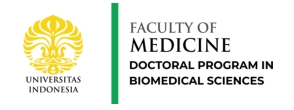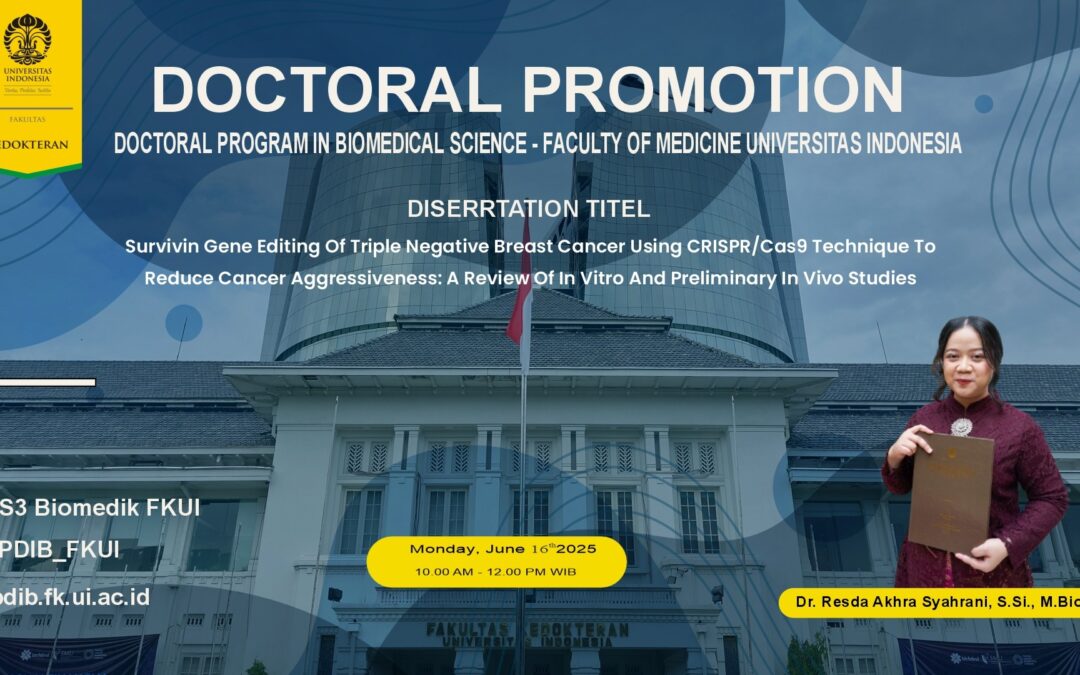Breast cancer currently still ranks first in terms of the number of sufferers and the number of deaths in women in Indonesia and throughout the world. This indicates that breast cancer treatment is still not effective enough to overcome this problem. One of the most malignant and difficult-to-treat types of breast cancer is triple-negative breast cancer, which is cancer that does not have the three main receptors that are usually the target of therapy. Because of the absence of these receptors, treatment options for this type of cancer are very limited. The recurrence and death rates are higher than other types of breast cancer. In the body, there is a protein called survivin that plays a role in regulating cell division and preventing cell death. In cancer, especially breast cancer, survivin levels are found to be very high. The high levels of this protein cause cancer cells to continue to divide without stopping and become difficult to die so that cancer continues to develop and is difficult to treat. Therefore, survivin has the potential to become one of the targets for developing cancer treatments.
CRISPR/Cas9 is a very sophisticated and revolutionary gene editing technology. This technology was originally discovered as a bacterial defense system against viruses, but is now used to cut and change specific parts of DNA in living things, including humans. The way it works is simple but very effective. CRISPR is a guide that is specifically designed to recognize target DNA. Cas9 is a “scissor” that will cut DNA at the location that has been guided by CRISPR. This study aims to perform survivin “cutting” so that it can be removed from DNA. By removing the survivin gene, it is hoped that cancer cells will die more easily, cannot grow quickly, and respond better to treatment. The results of this study show that without survivin, cancer cells cannot divide quickly, die more easily, and can make cancer cells less malignant. Using an animal model, it can be proven that removing survivin can make the cancer smaller. Although there are still many challenges to be overcome, this study opens up new hope for breast cancer patients in the future. CRISPR/Cas9 technology is not only effective, but also flexible and can be combined with various other therapies for better results. This research is still developing and it is hoped that in the next few years, gene editing-based therapy can be an option in breast cancer treatment in Indonesia and the world.

